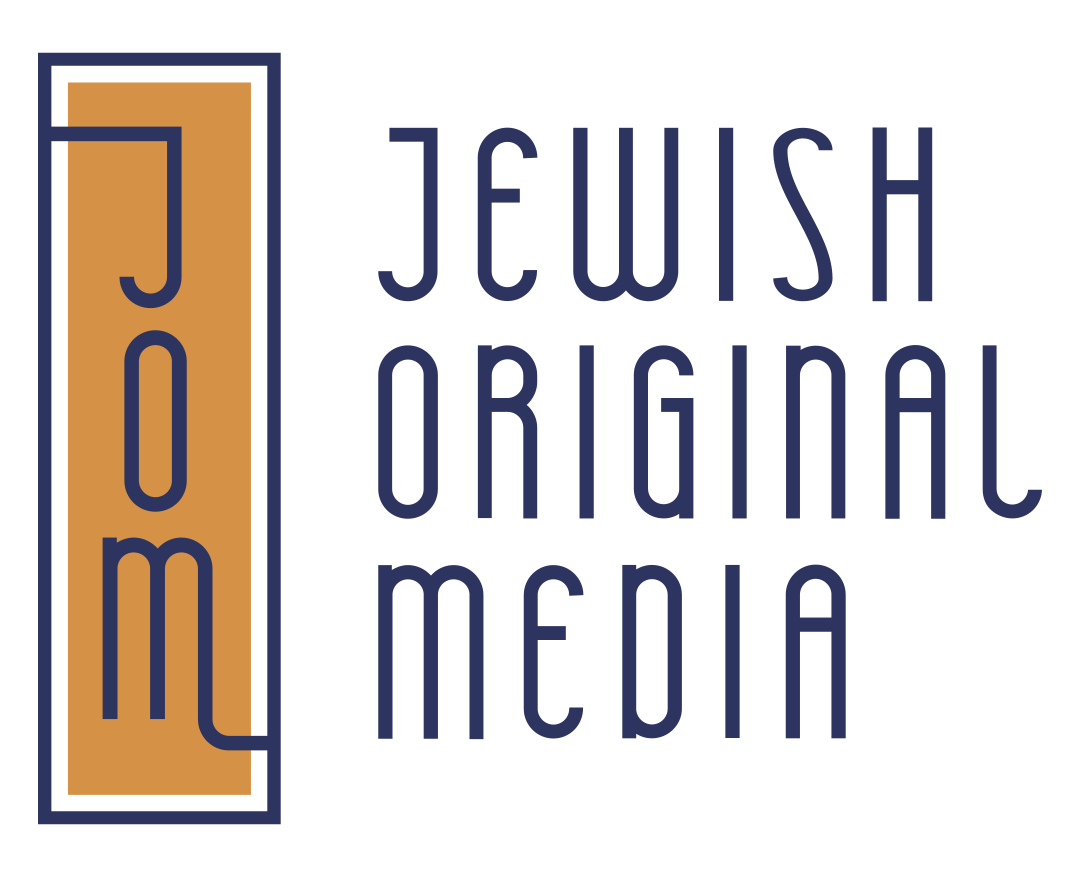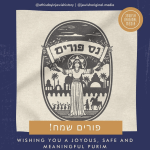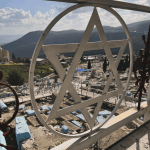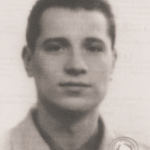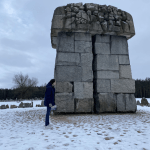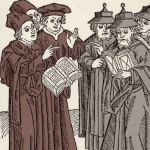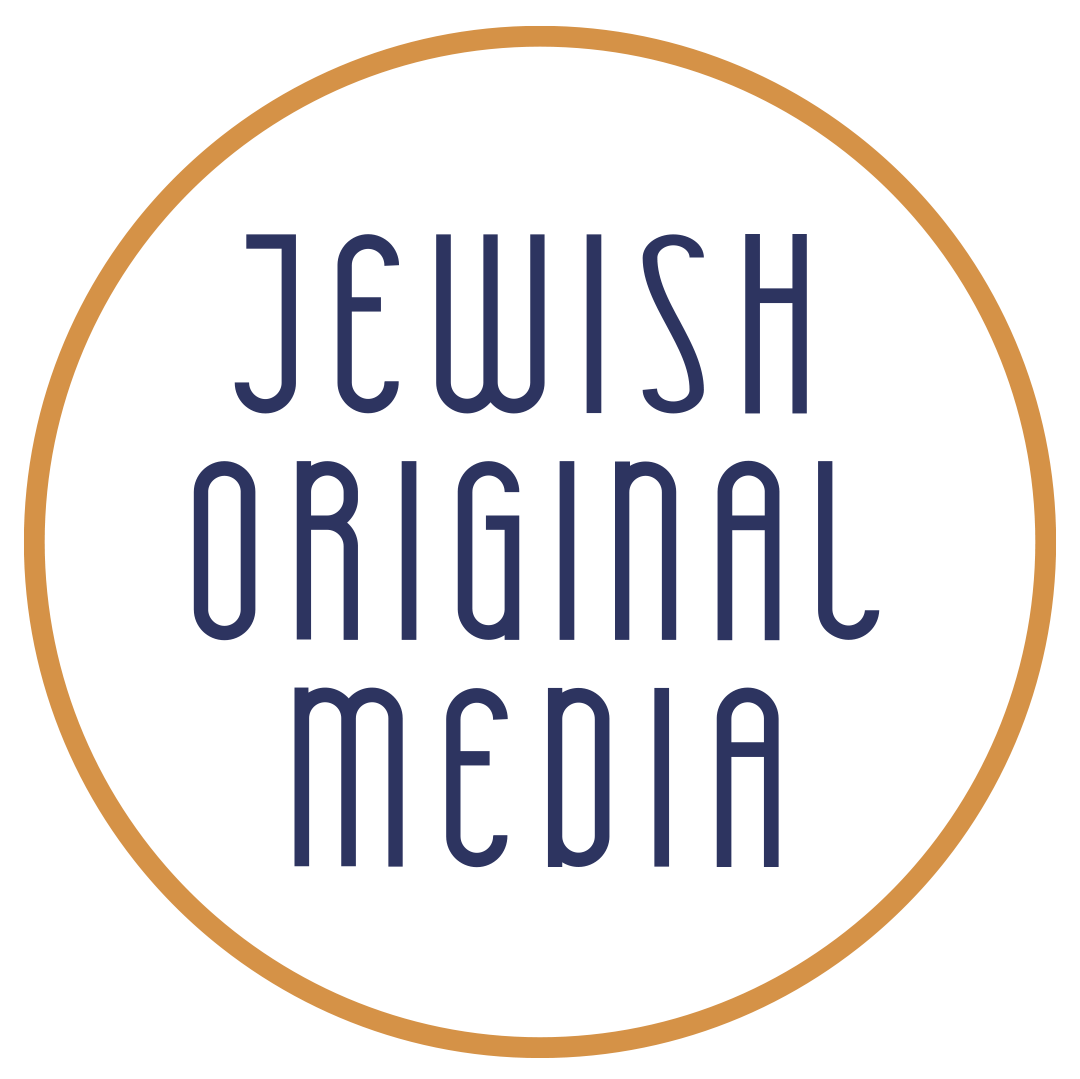Passing of Famed Jewish Pirate, Samuel Pallache, 1616
On This Day, 1616
On this day, 1616, we remember the passing of Samuel Pallache, the Jewish merchant/pirate of Morocco who avenged his peoples’ misfortunes at the height of the Spanish Inquisition by seizing Spanish ships and plundering their wealth on behalf of the Moroccan Sultan. He is also known for establishing economic relations between Morocco and the Netherlands – among the first treaties to be signed between a European Christian kingdom and a Muslim country. Besides being a pirate, Samuel was also a devout Jew, having been the first “openly professing” Jew to settle in Holland and even organizing a minyan in his own home for Yom Kippur. His family and descendants would go on to leave a valiant legacy of rabbis, scholars, ambassadors and other prominent figures who left their mark on Jewish history to this day.
Samuel Pallache was born in Fez, Morocco circa 1550; his father having been a prominent rabbi named Isaac Pallache. Samuel’s own uncle was the grand rabbi of Fez, Judah Uziel, whose son Isaac Uziel would become the rabbi of the Neve Shalom Jewish community of Amsterdam. Samuel’s father, Rabbi Isaac, was among the Jews exiled from Spain in 1492 and prior to that Isaac was a rabbi in Cordoba. Professor Mercedes Garcia-Arenal says the Pallaches were a Sephardi family possibly descended from the “Benei Palyaj” written of by the twelfth century chronicler Abraham Ibn Da’ud who said the Benei Palyaj were among the greatest families of Cordoba.
“La Reconquista,” (The Christian conquest of Granada, unification of Spain and subsequent exile/persecution of Jews), changed everything. Most of the Jews who were expelled settled in Morocco, many venturing further east into the depths of the Ottoman Empire, Greece, Salonika or the Americas in particular. The Islamic governments mostly tolerated the Jews who accepted them as “dhimmis” (second-class citizens) so long as they respected Islam as the official state religion and paid a special tax.
It is said Samuel Pallache first arrived in the Netherlands somewhere in the 1590s, but when a Dutch delegation arrived in Morocco with the intention of forging a common alliance of trade and defense. Sultan Zidan Abu Maali sent Samuel Pallache as his special agent to interpret relations with the Dutch government in The Hague. On June 23rd, 1608, they signed an agreement of mutual assistance against Spain. On December 24th, 1610, Morocco and the Netherlands signed The Treaty of Friendship and Free Commerce. Through this agreement, Morocco obtained both ships and weapons that Samuel Pallache would use for “privateering,” also known as – pirating.
For reasons unknown, evidence suggests that Samuel Pallache actually served as a rogue double agent, as he would play both sides and pass state secrets from the Dutch and Moroccans to the Spaniards and from the Spaniards to the Dutch and Moroccans, he was a pirate after all! He eventually fell out of favor with the sultan but continued pirating for years, selling the goods he captured from seized ships all along the coast of Morocco and even as far as the coasts of England. He also continued working as a merchant between Morocco and the Netherlands, somehow even managing to convince the Dutch Prince Maurice to grant him permission for his pirate activities.
Pallache made his final voyage in 1614, when he captured a Portuguese ship and could not haul it into any Moroccan port, so he decided to turn back around and make towards the Netherlands. As fate would have it, bad weather forced him to stop in an English port, where he was arrested and imprisoned at the demand of the Spanish Ambassador. Prince Maurice came to his rescue and brought him back to the Netherlands, but Pallache had lost all of his wealth and fell sick in the days that followed. On this day, February 4th, 1616, Samuel Pallache died in The Hague and was buried at the Beth Haim, a local Portuguese Jewish cemetery. He was survived by his brother, his sons, and Samuel’s own three sons Isaac, Moses and David.
The first minyan that took place in Amsterdam is recorded to have been in 1596. Author David Franco Mendes records that there were 16 worshipers present, and the most prominent of all was Samuel Pallache himself, and he is said to have hosted this service in his own home on Yom Kippur.
His relatives and descendants went on to become prominent members of the Sephardic Jewish communities of Holland, Morocco, and even parts of Greece and the Ottoman Empire. Nineteenth century Grand Rabbis: Abraham Palacci, Haim Palachi, and Rahamim Nissim Palacci are all said to be among Samuel’s descendants. Edward Kritzler mentions Samuel Pallache in his 2008 book, “Jewish Pirates of the Caribbean,” stating Samuel continued his pirating activities well into his sixties. Samuel Pallache’s life and legacy are different to say the least, and yet they demonstrate how particularly Jewish the habit is, to “make lemonade out of life’s lemons.” And while we do not encourage pirating in any way, we take pride in these little details of Jewish survival in a time of great darkness and antisemitism that was the Inquisition.
